Boost JobSeeker to 90pc of aged pension: Jenny Macklin’s Economic Inclusion Advisory Committee report
Jim Chalmers will reject a core $24bn recommendation from an advisory committee that the ‘seriously inadequate’ JobSeeker be increased by 40 per cent.
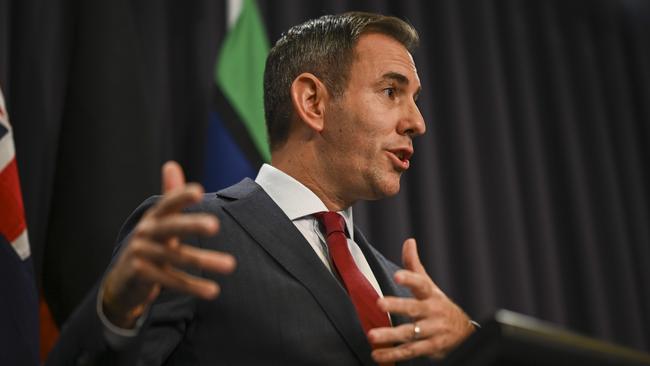
Jim Chalmers will reject a core $24bn recommendation from his Economic Inclusion Advisory Committee that the “seriously inadequate” JobSeeker be increased by 40 per cent to just under $1000 a fortnight.
Treasury modelling estimates the total cost of implementing all 37 recommendations in the pre-budget report – including a boost to rent assistance and providing three days of early childhood education – would cost taxpayers more than $34bn over the forward estimates.
The report, released on Tuesday evening, urged the government to commit to a “substantial increase in the base rates for JobSeeker and related working age payments”, with a benchmark equivalent to 90 per cent of the Age Pension.
Lifting the key unemployment benefit to that level, on current rates, would give a single person on JobSeeker an additional $264.50 a fortnight, taking it from $693.10 to $957.60 – an unprecedented increase of 38 per cent.
The committee also concluded that the Commonwealth Rent Assistance payment, which the government is understood to be assessing ahead of the May 9 budget, “to be inadequate”.
But the stark realities of paying for such a major boost to welfare payments at a time of budgetary restraint quickly undermined the chances of any action springing from the report.
READ THE FULL REPORT HERE
Amid rolling expenditure review committee of cabinet meetings, which will continue in Canberra on Wednesday, Anthony Albanese on Tuesday said Labor’s second budget was focused on fiscal repair and budget restraint.
Ahead of March-quarter consumer price index figures released next Wednesday, the Prime Minister said “we recognise the inflationary pressures that are there globally and we want to make sure that we put that downward pressure on inflation”.
Mr Albanese again ruled out any changes to the Coalition’s stage-three tax cuts for middle-to-high income earners. “We are looking for areas in which we can show that restraint. We want to make sure that we, as well, build for the future,” he told Sky News.
“Our frame is very much dealing with the immediate challenges, but making sure at the same time we build for the future.”
Announcing the establishment of the committee late last year, the Treasurer said “as a Labor government, we will always work to support the most vulnerable”.
But Dr Chalmers on Tuesday immediately played down the prospects that such a generous increase to JobSeeker payments would be included in the May 9 budget, where the government will once again be forced to make a virtue of spending restraint despite intense cost-of-living pressures being felt by many Australians.
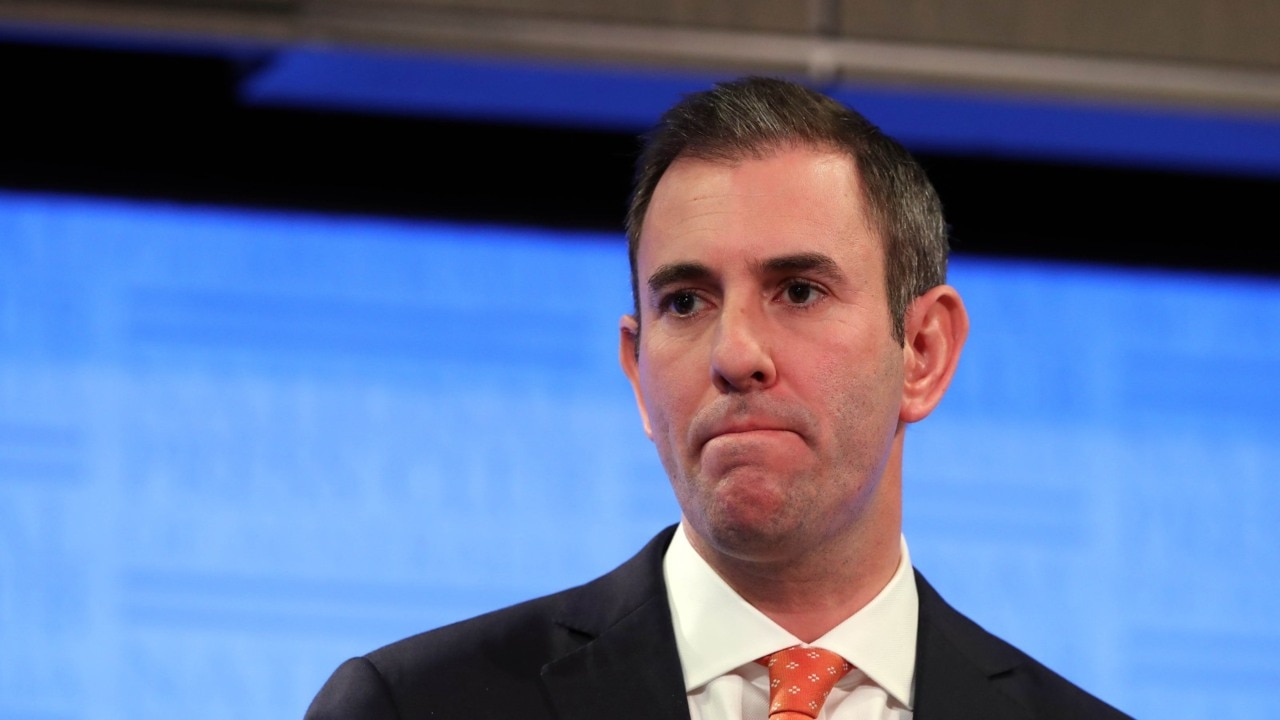
“The Albanese government will always look to provide support where we can to those most in need, where it is responsible and affordable to do so, and weighed up against other priorities and fiscal challenges,“ Dr Chalmers said. “While we can’t fund every good idea, there will be measures in the May budget to address disadvantage. This will include energy bill price relief that prioritises those on payments and pensions.”
Dr Chalmers said some recommendations “will be considered as part of other government processes currently under way, such as the development of the employment white paper, the Measuring What Matters Statement and the Early Years Strategy”. “The committee will continue to play an important role providing advice to government on barriers to work as well as the adequacy and effectiveness of payments,” he said.
The 97-page report from the 13-person interim committee, led by former deputy Labor leader Jenny Macklin and including academics and social services advocates, focused on whether the more than one million working-age Australians receiving payments such as JobSeeker or Youth Allowance were receiving enough.
The annual pre-budget report was established following a deal brokered with independent ACT senator David Pocock in return for supporting the government’s workplace reforms, which passed parliament in December.
The Australian understands Senator Pocock was not briefed on the Macklin report or given advance notice of its release. As Dr Chalmers played down any major increase in welfare support in the budget, Senator Pocock said the committee’s findings reinforced that the payments were “seriously inadequate”.
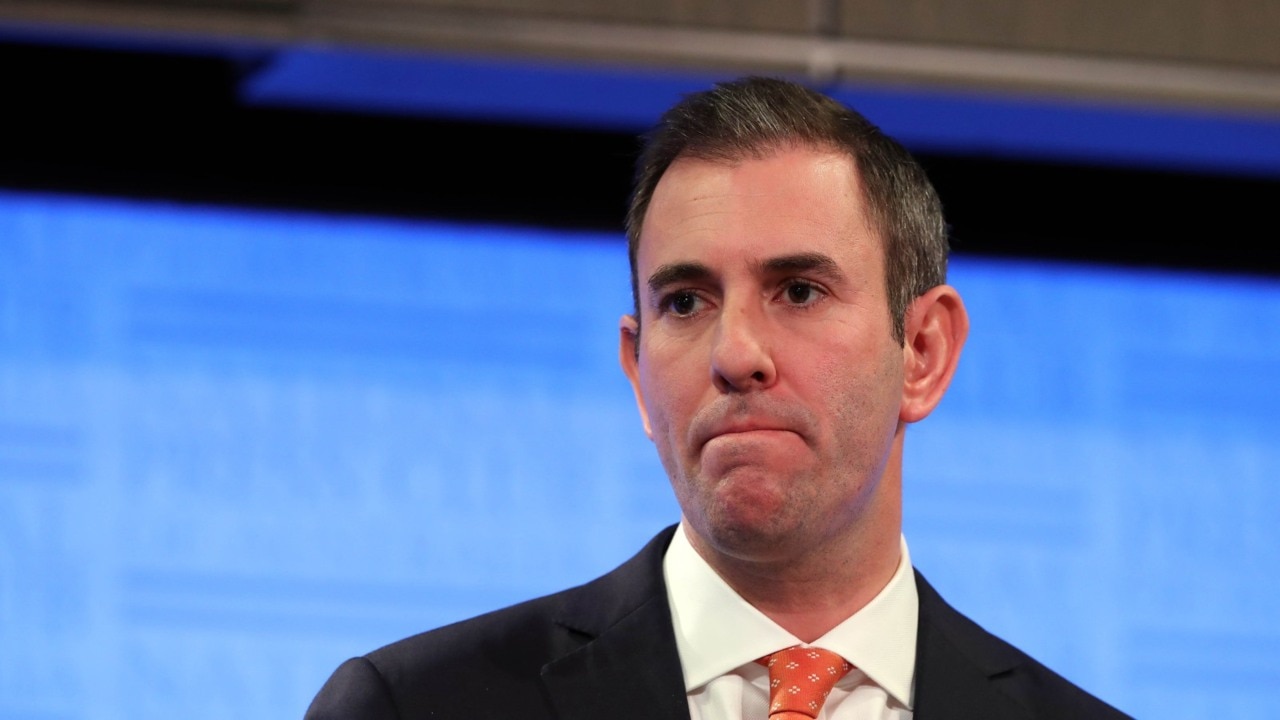
“It appears that this Labor government can find extra money for just about anything – from inland rail cost blowouts to submarines – but it won’t do more to protect the most vulnerable,” he said. “It is unacceptable that as one of the wealthiest countries in the world so many people in our community, especially children, are being forced to live in poverty.”
The report’s 37 recommendations addressed the adequacy of working age payments, formalising full employment targets in policy making goals, alleviating entrenched disadvantage, and removing barriers to work for families with children. In response to the rent crisis, the committee recommended the government commit to increase the Commonwealth Rent Assistance payment and “reform its indexation to better reflect rent paid”.
To help remove the obstacles to work facing parents receiving benefits – particularly mothers – the committee recommended “the government abolish the activity test on the childcare subsidy, and commit to guaranteeing all Australian children access to three days of early childhood education and care”.
The EIAC’s findings were supposed to feed into budget deliberations, with an initial focus on the adequacy of welfare payments.
The conclusions were damning.
“All indicators available to the committee show current rates of these payments are seriously inadequate, whether measured relative to the national minimum wage, in comparison with pensions, or against a range of income poverty measures,” the report found.

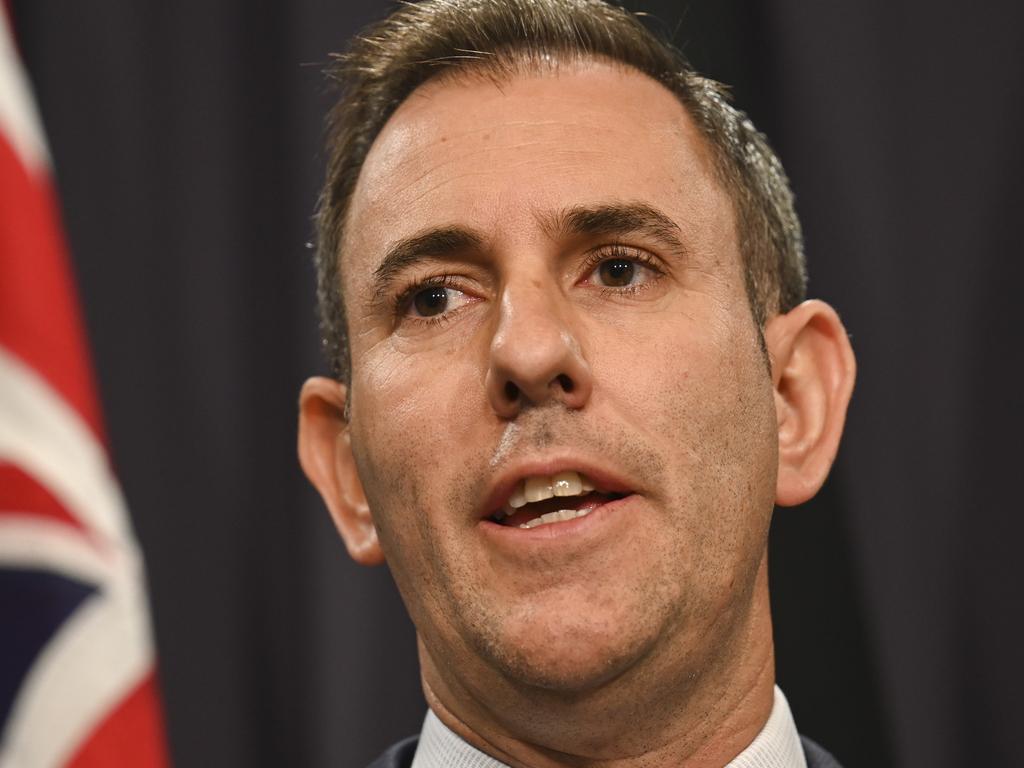
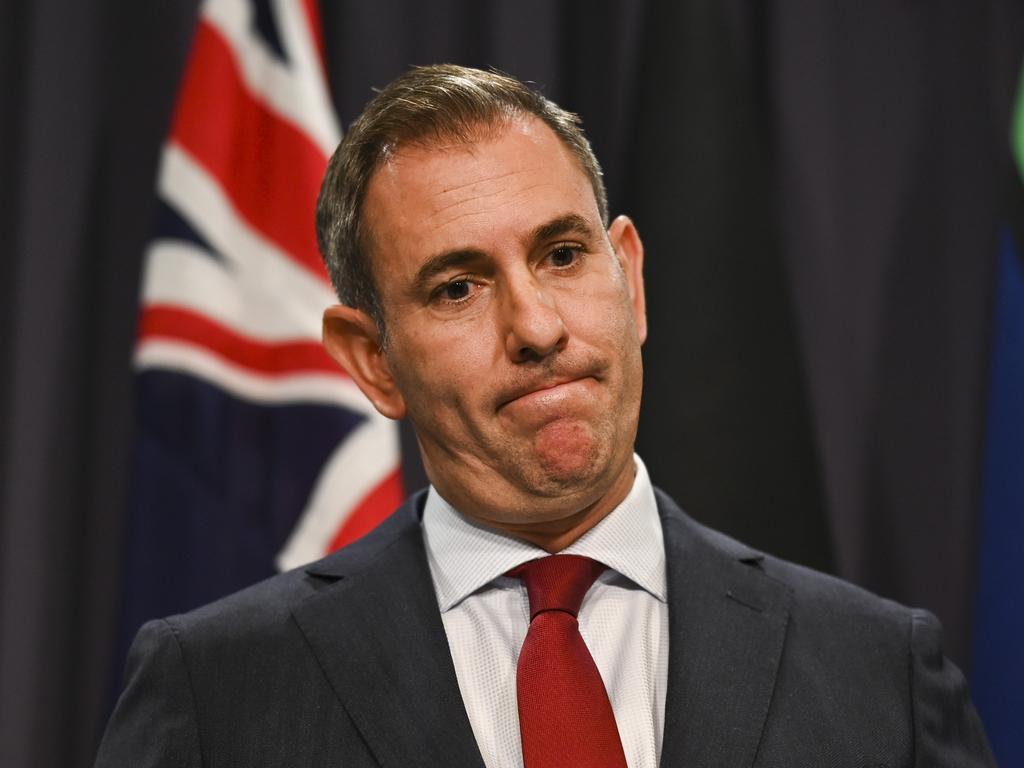
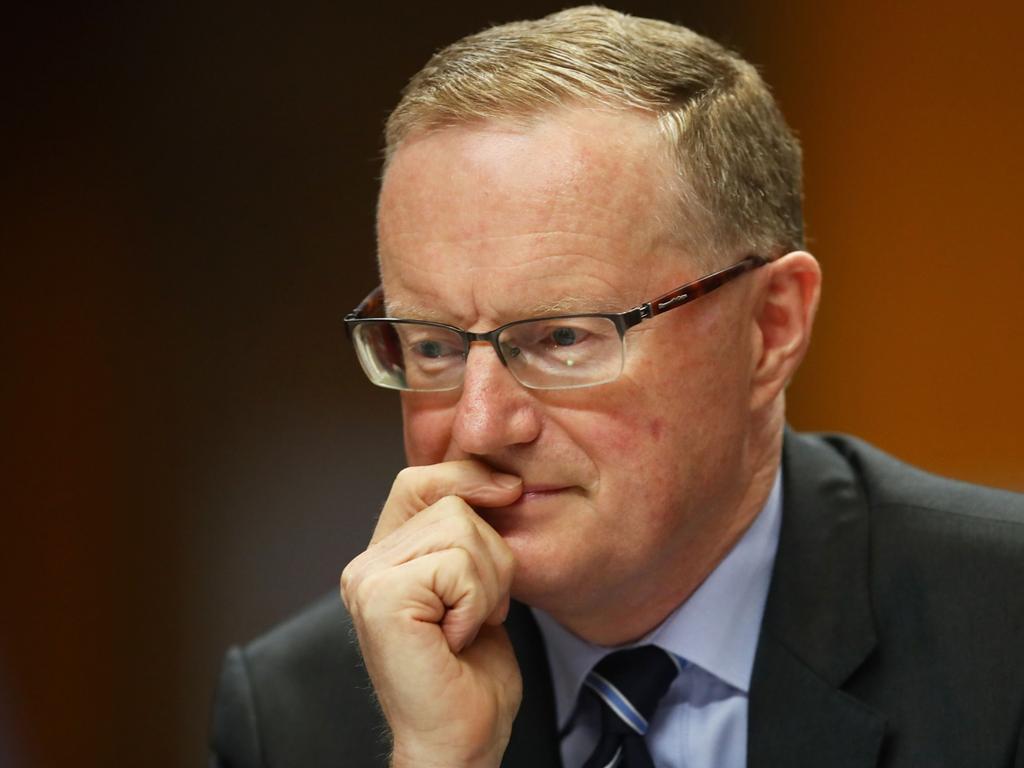



To join the conversation, please log in. Don't have an account? Register
Join the conversation, you are commenting as Logout